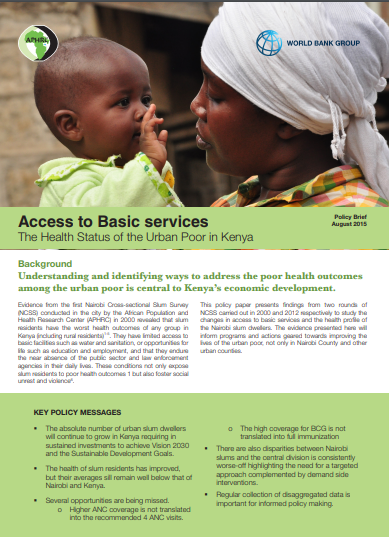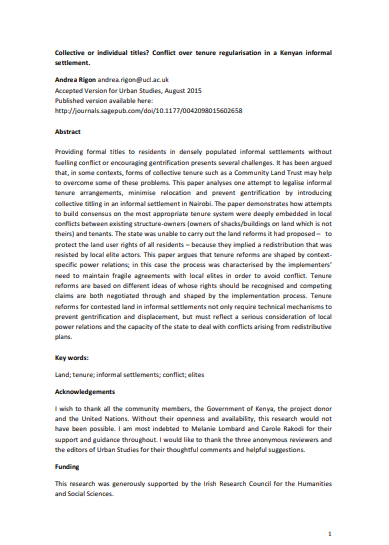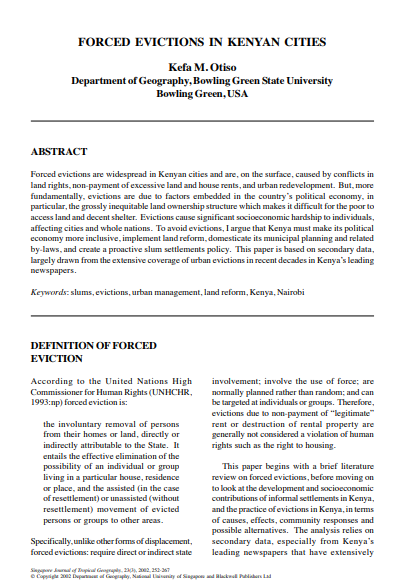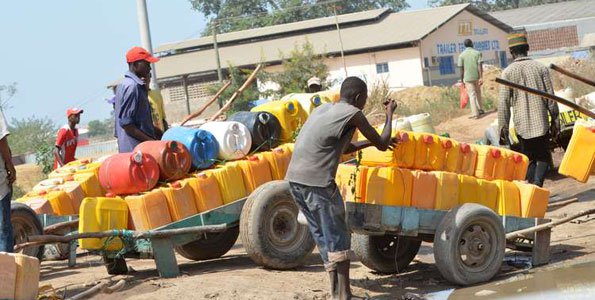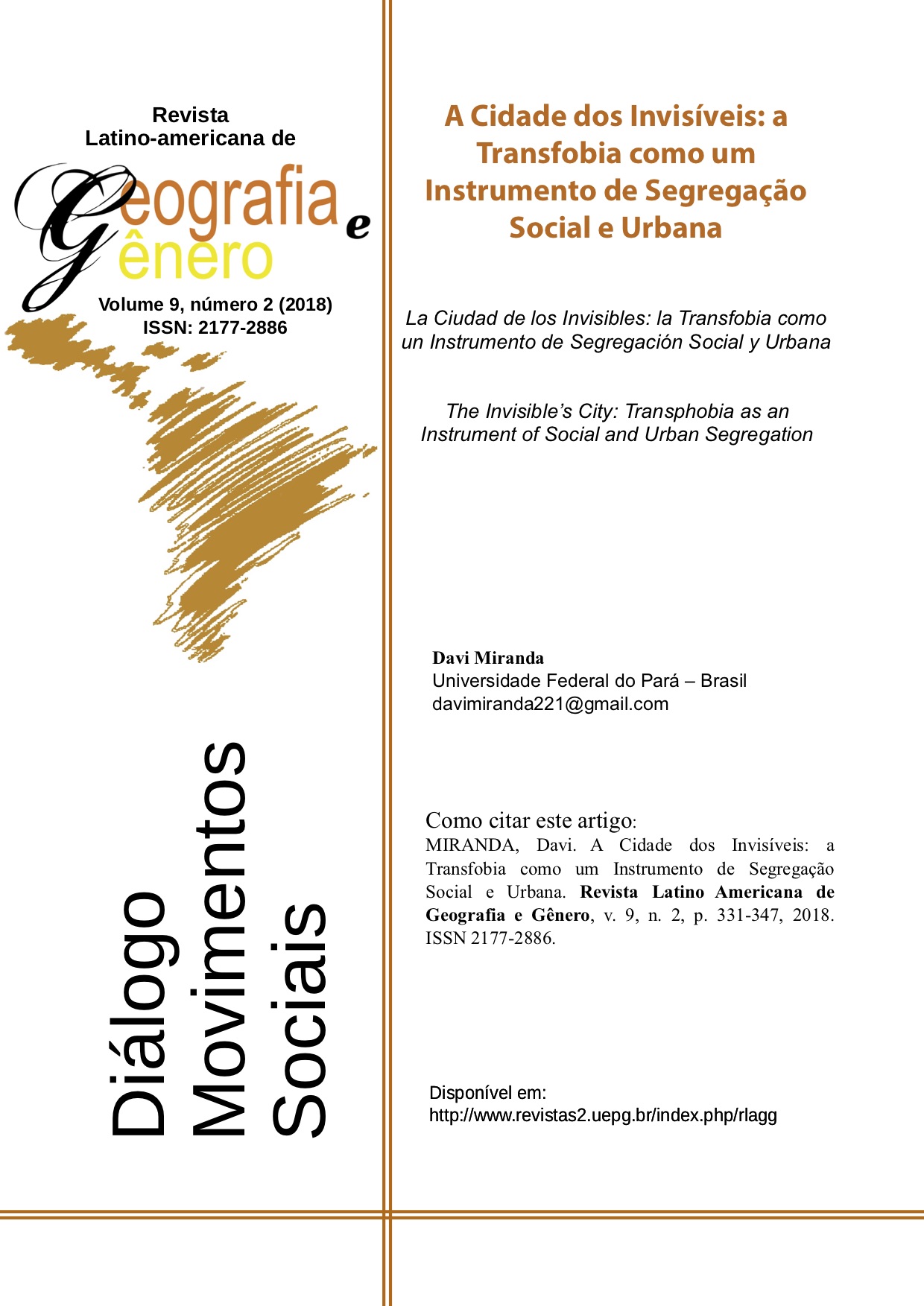The dynamics of poverty : why some people escape from poverty and others don't : an African case study
In urban areas of Cote d'Ivoire, human capital is the endowment that best explains welfare changes over time. In rural areas, physical capital especially the amount of land and farm equipment owned matters most.Empirical investigations of poverty in developing countries tend to focus on the incidence of poverty at a particular point in time. If the incidence of poverty increases, however, there is no information about how many new poor have joined the existing poor and how many people have escaped poverty.Yet this distinction is of crucial policy importance.





